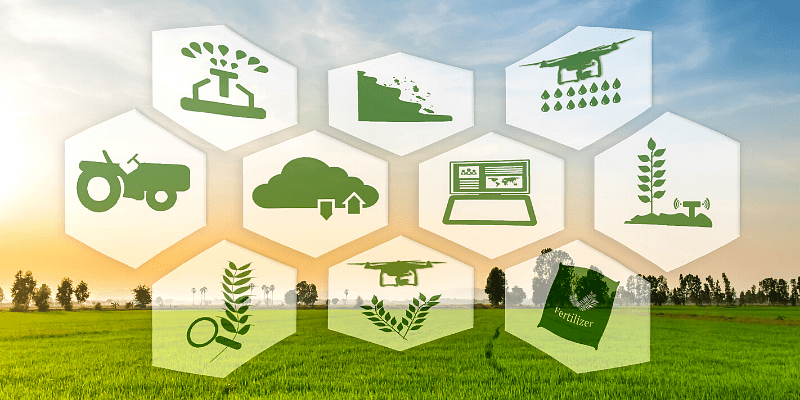Share your Ideas here. Be as descriptive as possible. Ask for feedback. If you find any interesting Idea, you can comment and encourage the person in taking it forward.
One of the biggest challenges in our society today is that farmers face losses when selling vegetables and crops. They work hard in their fields, but middlemen and wholesalers often take most of the profit. By the time food reaches the customer, farmers earn very little, while buyers end up paying much more. I thought – what if there was a way for farmers to sell directly to customers and communities? That’s where the idea of Farm2Home came from.
The concept is simple but powerful. Imagine a mobile app that connects farmers directly with households, apartments, hostels, and large communities. Farmers can list their fresh produce—vegetables, fruits, grains—at fair prices. Customers can place bulk or small orders directly from nearby farmers. The app ensures fair pricing, digital payment, and delivery support. This way, farmers don’t depend on middlemen, and customers get fresh produce at lower prices.
When a farmer harvests, instead of worrying about uncertain wholesale rates, he simply updates his available produce on the app. Customers receive notifications of what’s fresh and ready. Orders are then delivered through local delivery partners or farmer cooperatives. Everyone wins—farmers get better income, and buyers save money while eating healthier.
Now, is this technically easy? It will need serious planning and innovation. The app could include:
Farmer profiles verified by local cooperatives.
Dynamic pricing system to balance fairness and affordability.
Bulk order features for housing societies, hostels, or schools.
Logistics integration with local delivery startups or community volunteers.
Digital payments to build trust and transparency.
AI-based demand prediction, so farmers know what to grow and how much to harvest.
The benefits are huge:
Farmers gain higher income and avoid losses.
Customers get fresher produce at better prices.
Communities reduce food waste by buying what is actually needed.
Policymakers can support local agriculture and food security.
Startups can create jobs in logistics, tech, and rural empowerment.
Of course, challenges exist—training farmers to use apps, setting up logistics, and building customer trust. But even a pilot project in one city or village could prove the impact. With Farm2Home, we are not just creating an app—we are building a bridge between farmers and families, turning agriculture into a source of prosperity instead of loss.
